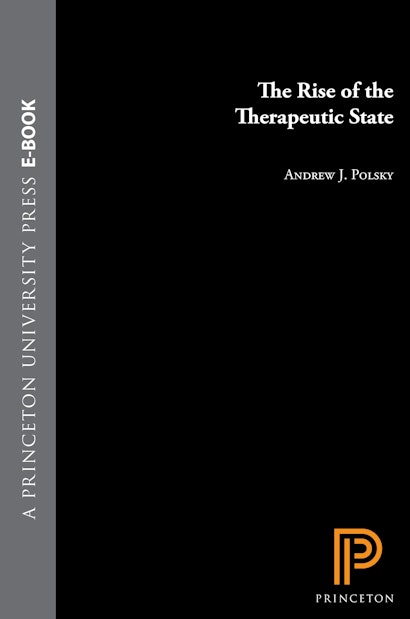Assuming that “marginal” citizens cannot govern their own lives, proponents of the therapeutic state urge casework intervention to reshape the attitudes and behaviors of those who live outside the social mainstream. Thus the victims of poverty, delinquency, family violence, and other problems are to be “normalized.” But “normalize,” to Andrew Polsky, is a term that “jars the ear, as well it should when we consider what this effort is all about.” Here he investigates the broad network of public agencies that adopt the casework approach.
Andrew J. Polsky is Associate Professor of Political Science at Hunter College and the Graduate School, City University of New York.
"A compelling history of the casework approach to poverty in America."—Lawrence M. Mead, Journal of Politics
"Polsky is irreverent, ironic, and antiorthodox. . . . [He] makes a convincing case for viewing therapeutic activists as sophisticated operators on the power-seeking stage. . . . He raises troublesome questions about the ultimate nature of the therapeutic enterprise, especially about its social control features."—Laura Epstein, Social Service Review
"Polsky powerfully describes how well-intentioned welfare state programs went awry, with serious, detrimental consequences for the personal autonomy of individuals and their families and the vitality of our political discourse. In so doing, he challenges us to devise new social policies which will sensitively protect and enhance political self-determination and individual freedom."—Steven Rathgeb Smith, Journal of Health Politics, Policy and Law

